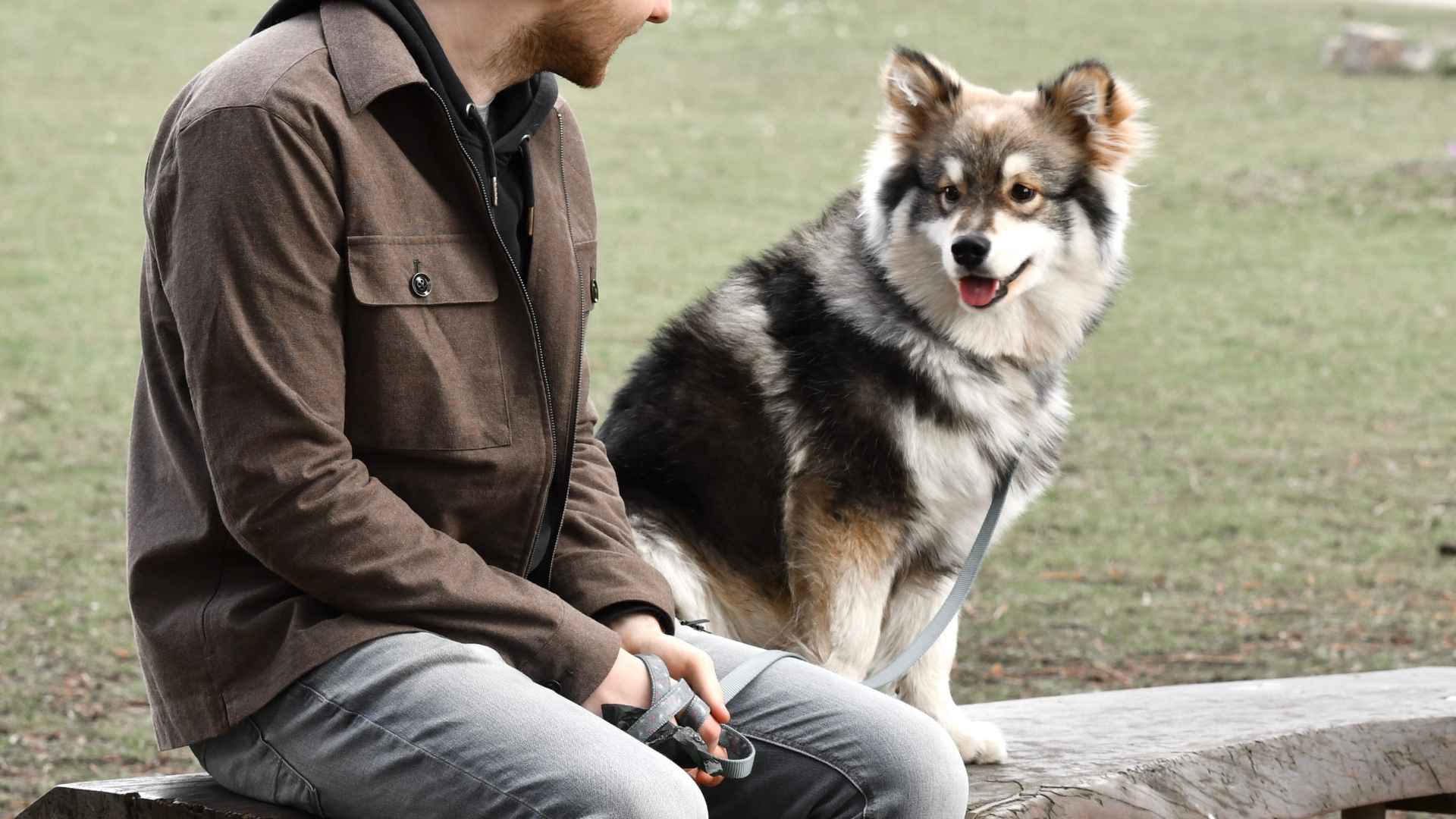While all dogs have the capacity for affection, some breeds seem hardwired to make fast friends with just about everyone they meet. From tail wags to full-body wiggles, these outgoing pups thrive on social connection. It’s no surprise, dogs evolved alongside humans, learning early on that being friendly meant more food, comfort, and companionship.
Of course, every dog is unique, and a big part of temperament comes down to early experiences. According to Scientific Reports, up to 41.1% of dogs responded positively to strangers, especially when exposed to new people, pets, and places early in life. But certain breeds are especially known for their cheerful, people-loving nature.
Many of these sociable dogs were originally bred to work alongside humans, whether herding livestock, retrieving game, or simply keeping families company. If you’re hoping to welcome a pup who loves meeting new faces (and possibly giving out kisses), the breeds featured in this article are some of the most naturally warm and welcoming around.
Extremely Dog-Friendly Breeds
1. Labrador Retriever
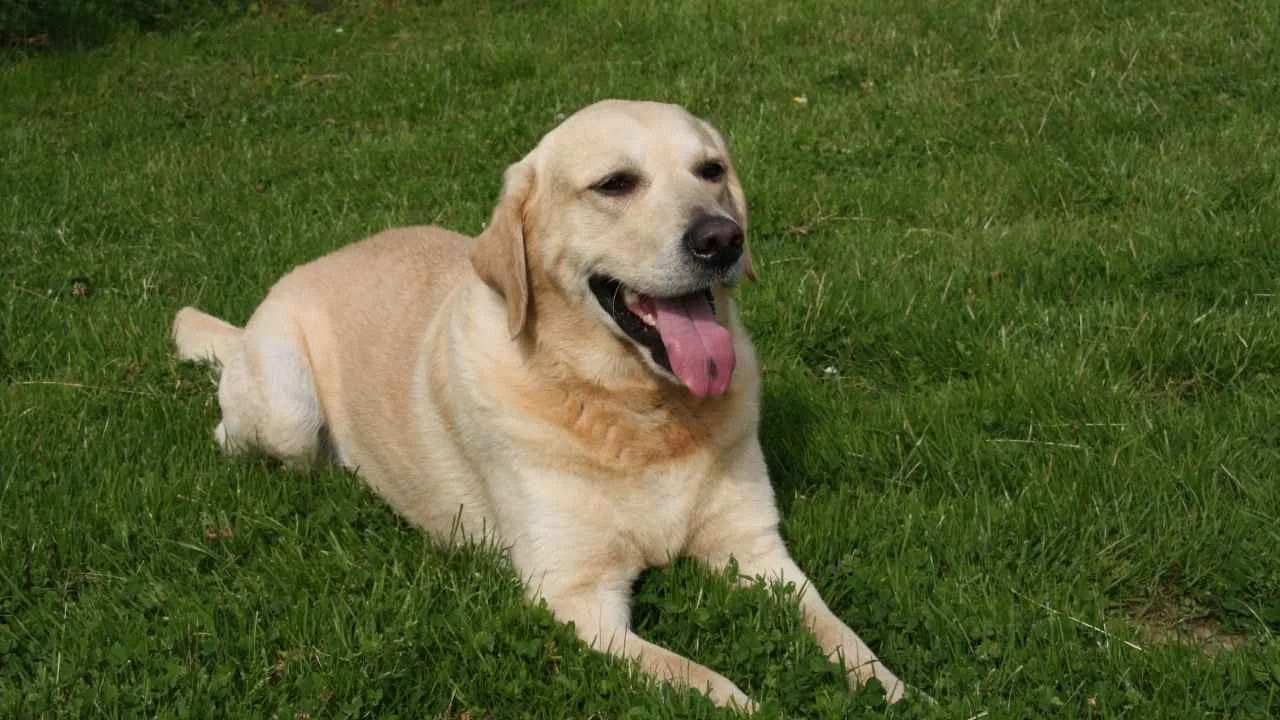
The Labrador Retriever is often the gold standard for friendliness in dogs. This breed is consistently among the most popular in the U.S. for its cheerful personality and eagerness to bond with both humans and other pets. Labs rarely hesitate to greet strangers with a wagging tail and are quick to form connections.
According to the AKC, they are friendly as well as active dogs. With a sturdy build and kind, expressive eyes, Labs are well-suited for families of all sizes. They typically weigh between 55 to 80 pounds and stand up to 24.5 inches tall, with a signature “otter tail” that’s almost always in motion.
What makes them especially lovable is their playful energy. Labs are both affectionate and energetic, traits that make them fantastic companions for children and active households alike.
Swimming ranks high among their favorite activities, and this outgoing dog thrives when given plenty of opportunities for physical engagement, whether it’s fetch in the yard or long walks.
Despite their easygoing nature, Labs are athletes at heart. Daily exercise keeps their body and mind in balance, helping curb boredom and support their outgoing spirit.
While generally healthy, responsible breeding is important. The breed can be prone to conditions like hip dysplasia or exercise-induced collapse, so health screenings are essential.
2. Golden Retriever
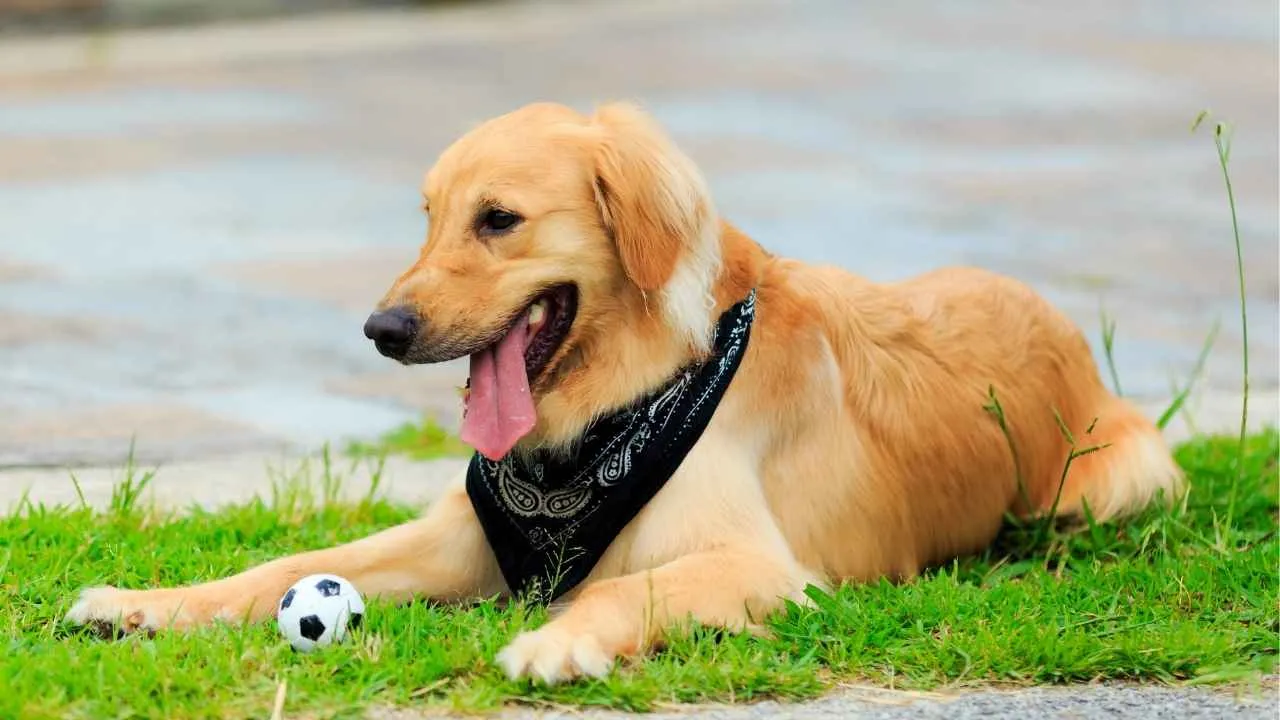
Few breeds embody warmth and sociability quite like the Golden Retriever. Developed in 19th-century Scotland as a gundog and water retriever, this breed was prized for both its working ability and its friendly demeanor. Goldens were officially recognized in the U.S. in 1925 and have remained a favorite ever since. Britannica states that Golden Retrievers are among the most beloved choices for family pets.
Known for their thick, golden coats and gentle expressions, Golden Retrievers are as approachable in personality as they are in appearance. Their easygoing nature makes them especially well-suited for family life, where their affectionate, eager-to-please temperament shines.
What sets Goldens apart is their balance of energy and composure. Their playful yet calm nature, these dogs are just as happy romping in the yard as they are relaxing at your feet after a walk.
They tend to form strong bonds not only with family members but also with strangers and other pets, often displaying a natural friendliness in new situations. Their social instincts have even led many to work as therapy and guide dogs.
This breed craves interaction and thrives when involved in daily activities. While not known for being protective, they often alert their families to visitors with cheerful enthusiasm.
Their love for play, paired with a calm, trusting spirit, makes Golden Retrievers one of the most consistently friendly breeds in the canine world.
3. Cavalier King Charles Spaniel
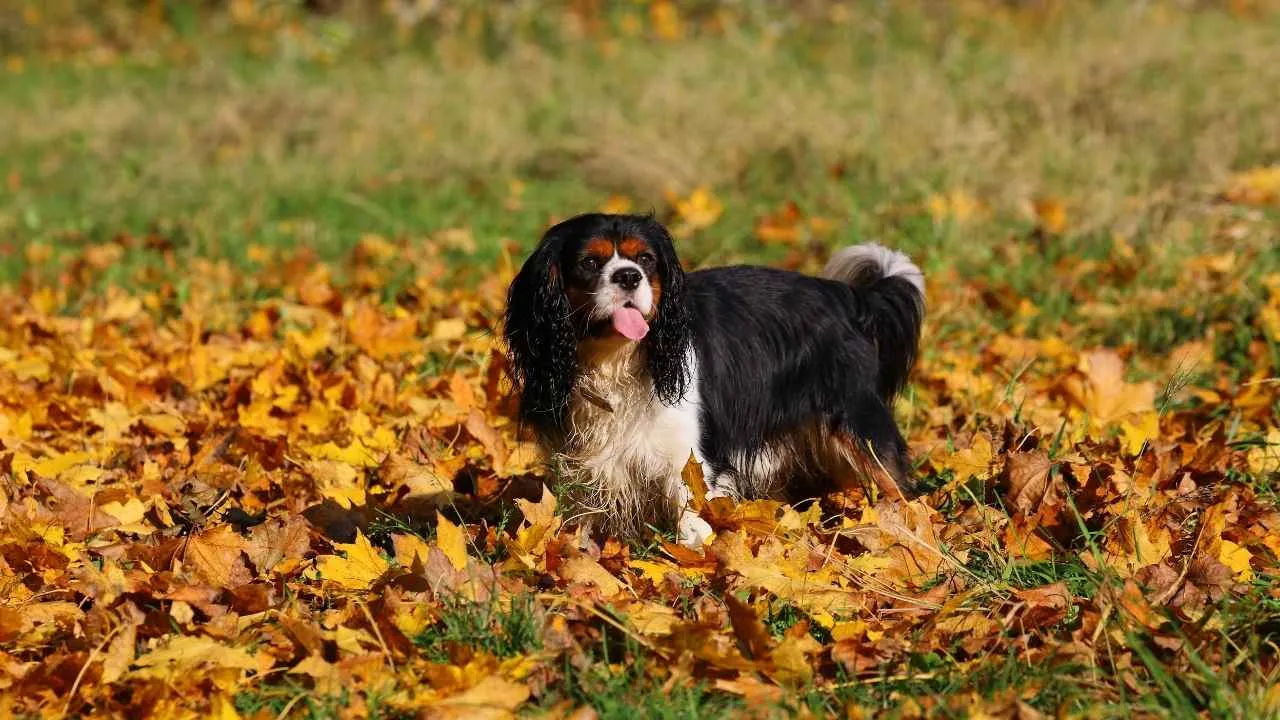
The Cavalier King Charles Spaniel was bred for companionship, and it shows. These small, affectionate dogs are happiest curled up in a lap or following closely behind their humans. With a naturally social and loyal personality, they fit seamlessly into family life. As PetMD claims, they are affectionate and lovely dogs.
Standing just 12 to 13 inches tall and weighing between 13 and 18 pounds, Cavaliers are compact yet elegant. Their long, silky coat comes in four distinct color patterns: Blenheim, tricolor, ruby, and black and tan, each adding a charming touch to their classic look.
Though they’re gentle and easygoing indoors, Cavaliers are descended from sporting dogs and still enjoy a good outdoor romp. A moderate walk or play session satisfies their exercise needs, making them well-suited to both active families and laid-back households.
Their friendly nature extends beyond people; they’re known for getting along with other pets and being particularly patient with children. This makes them ideal for multi-pet homes or families with young kids.
Apartment dwellers also find Cavaliers to be great companions. Their adaptability and calm demeanor help them thrive in smaller spaces as long as they receive regular attention and daily outings.
While generally cheerful, these dogs do require consistent grooming to keep their flowing coat in top shape, and regular vet visits help manage breed-specific health concerns.
4. French Bulldog
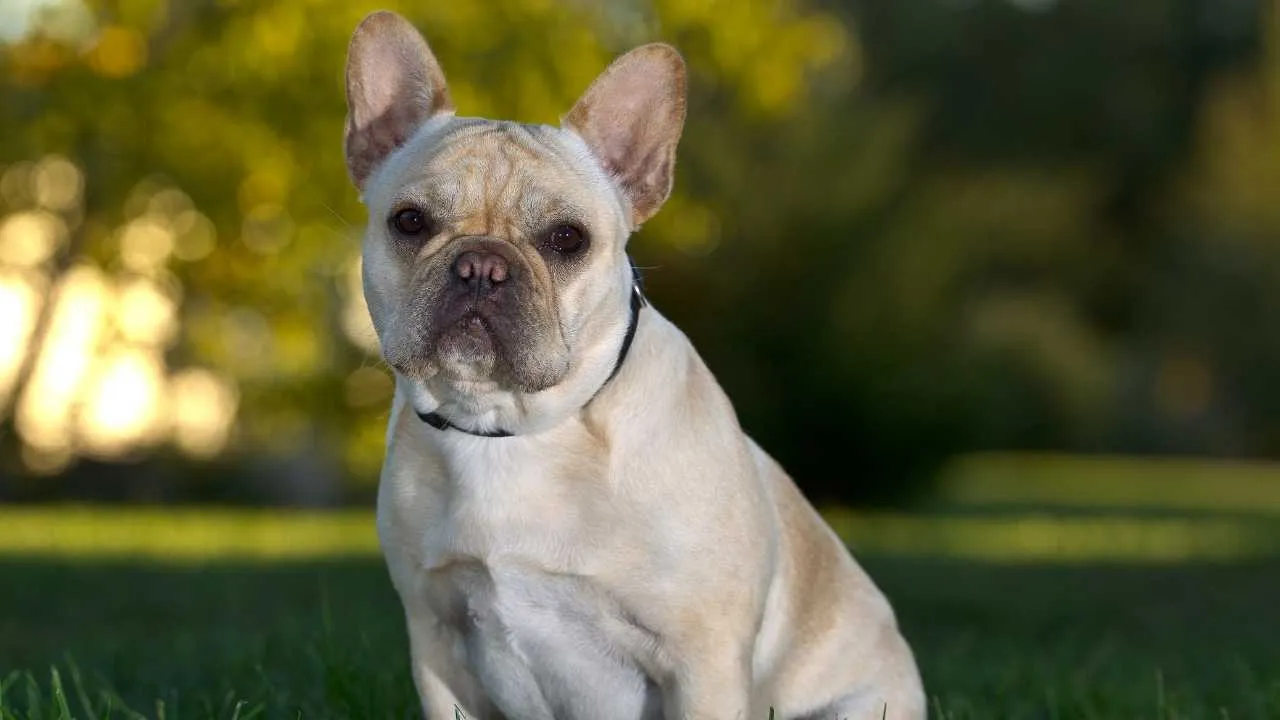
The French Bulldog is a small breed with a big personality and an even bigger heart. Known for their friendly and affectionate nature, Frenchies make delightful companions for city dwellers and families alike. Their playful temperament and low-maintenance lifestyle appeal to both new and experienced dog owners.
Though compact in size, they carry themselves with confidence and curiosity. French Bulldogs enjoy short daily walks and gentle playtime, thriving on human interaction without needing hours of high-intensity activity. Although they can be quite goofy, they are highly intelligent animals that thrive on human interaction and are easy to train, as per Purina.
Their coat is short, sleek, and easy to manage; just a quick weekly brushing will do. However, their facial wrinkles require regular cleaning, and their bat-like ears need routine checks to prevent infections.
Frenchies often balance bursts of energy with long, peaceful naps. Their adaptable nature allows them to live happily in apartments or homes with small gardens, provided they get enough attention and stimulation.
This breed rarely barks excessively, making them well-suited for shared living spaces. They’re generally sociable with other pets, though some may need extra training or supervision around children or unfamiliar dogs.
Despite their comical expressions and laid-back vibe, French Bulldogs are intelligent and eager to please, making them as trainable as they are charming.
5. Shih Tzu
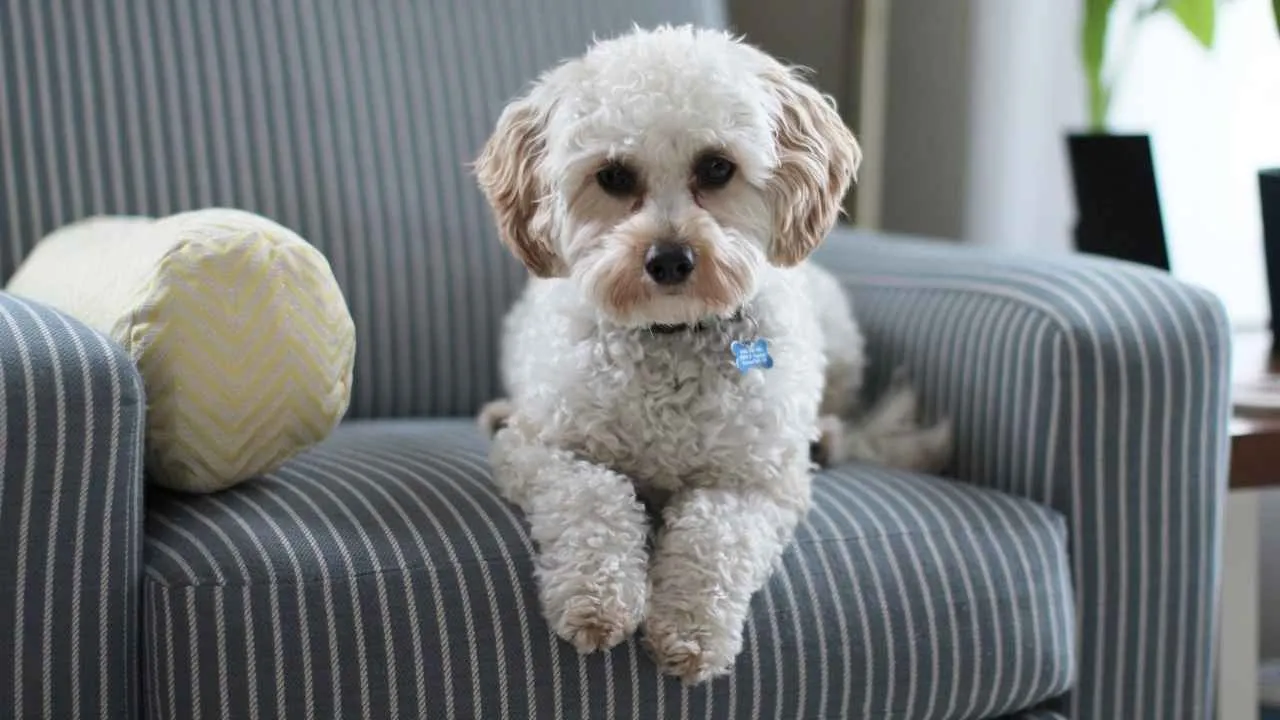
With their cheerful personality and royal roots, the Shih Tzu has long been treasured as a companion dog. Originally bred in Tibet, this toy breed thrives on closeness and affection, often shadowing their humans from room to room with unshakable loyalty.
Small in stature but big in charm, Shih Tzus typically stand 8 to 11 inches tall and weigh between 9 to 16 pounds. Their expressive eyes, floppy ears, and trademark flat face give them an endearing, animated look that matches their sociable nature.
This breed is known for its warm, lively demeanor. Shih Tzus usually get along effortlessly with children, adults, other dogs, and even cats, making them a popular choice for multi-pet homes and families of all ages.
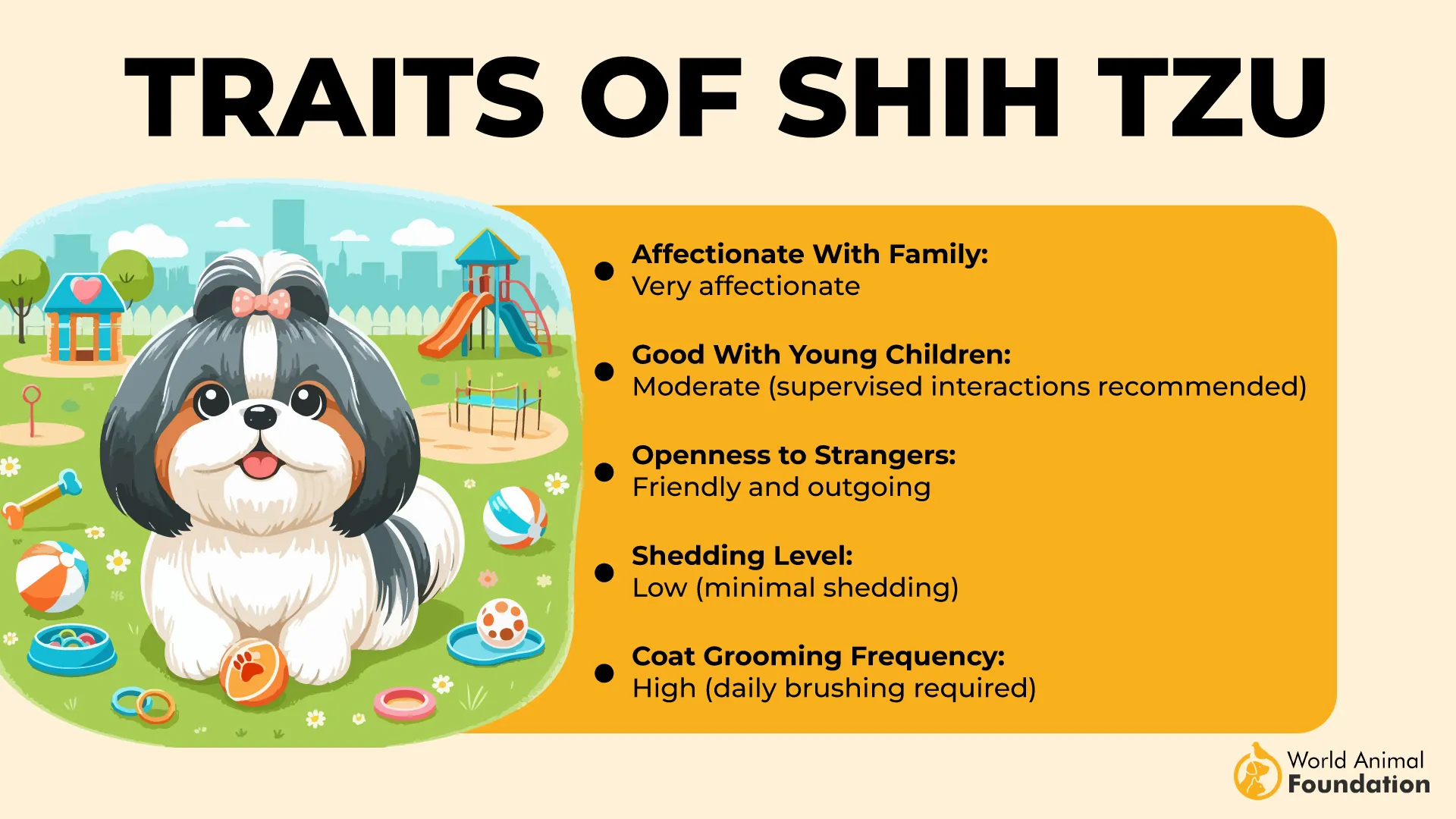
Because they were bred to be lap dogs, Shih Tzus don’t enjoy being left alone for long. They crave interaction and can become anxious if isolated, so they’re best suited for owners who can provide consistent companionship.
Despite their playful energy, they adapt well to apartment life and enjoy relaxed strolls or short bursts of play. They also have one of the longest lifespans among small breeds, often living between 10 and 18 years.
Hills Pet reports that keeping a Shih Tzu’s long, flowing coat in good condition requires a significant commitment to grooming. Their grooming needs are moderate to high due to their flowing coats, and their diets should be closely managed, as this breed can be prone to weight gain without portion control and regular exercise.
6. Newfoundland
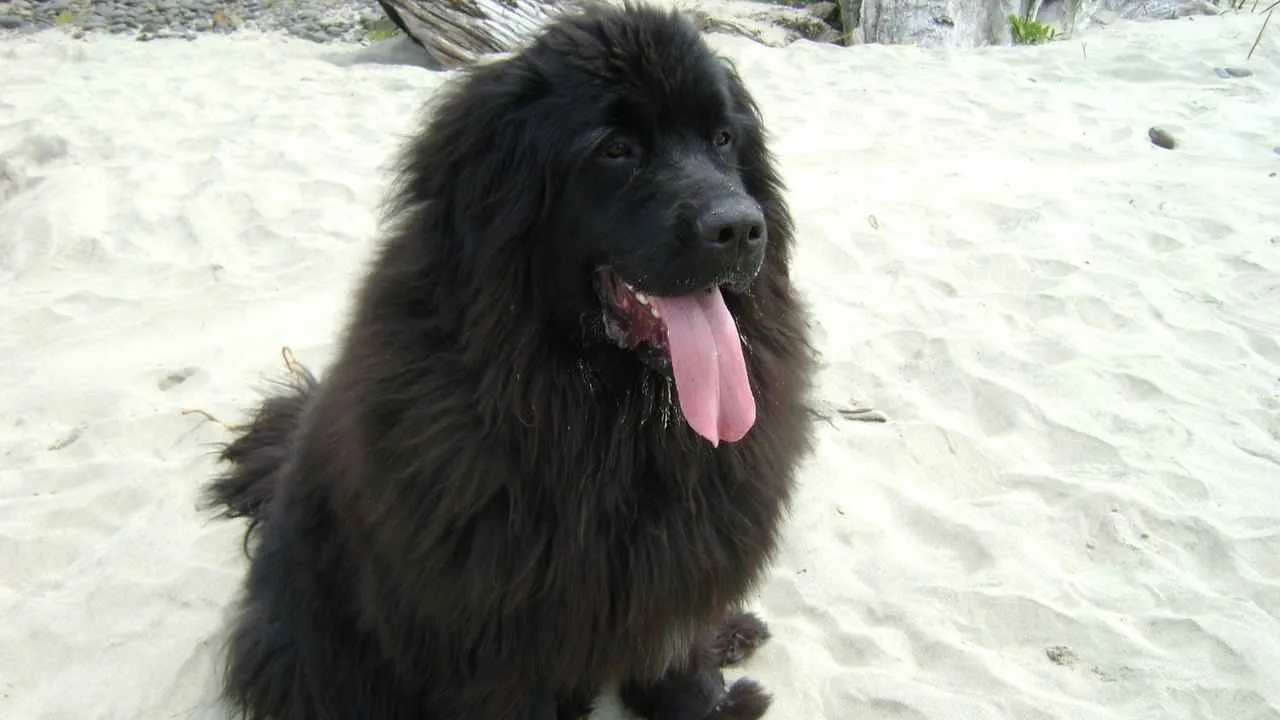
The Newfoundland is a gentle giant with a heroic past. Originally bred in Canada to assist fishermen, these dogs hauled nets, pulled carts, and performed daring water rescues. Their strength and swimming ability made them vital shipmates along the icy coasts of the North Atlantic.
Newfs are natural-born swimmers, aided by their partially webbed feet and powerful build. They’ve long been recognized as the premier water-rescue dogs, a title they continue to uphold in rescue organizations worldwide.
Despite their size, Newfoundlands are famously affectionate and patient, especially with children. Their calm demeanor and watchful eye have earned them the nickname “nanny dogs,” making them a favorite for families with young kids.
WebMD notes that the Newfoundlands are typically very loyal dogs and enjoy being helpful, as they were originally bred to be working dogs. Their temperament blends sweetness with quiet protectiveness. While generally welcoming, they’ll bark to alert their family to strangers, yet their friendliness often shines through once introductions are made.
This friendly dog breed is equally happy on land, enjoying moderate activity and leisurely walks. Once exercised, they’re content to settle down and snuggle with their people.
With historical figures like Lord Byron and the Kennedys among their admirers, Newfoundlands continue to charm with a mix of loyalty, bravery, and an undeniable love for human companionship.
7. Pug
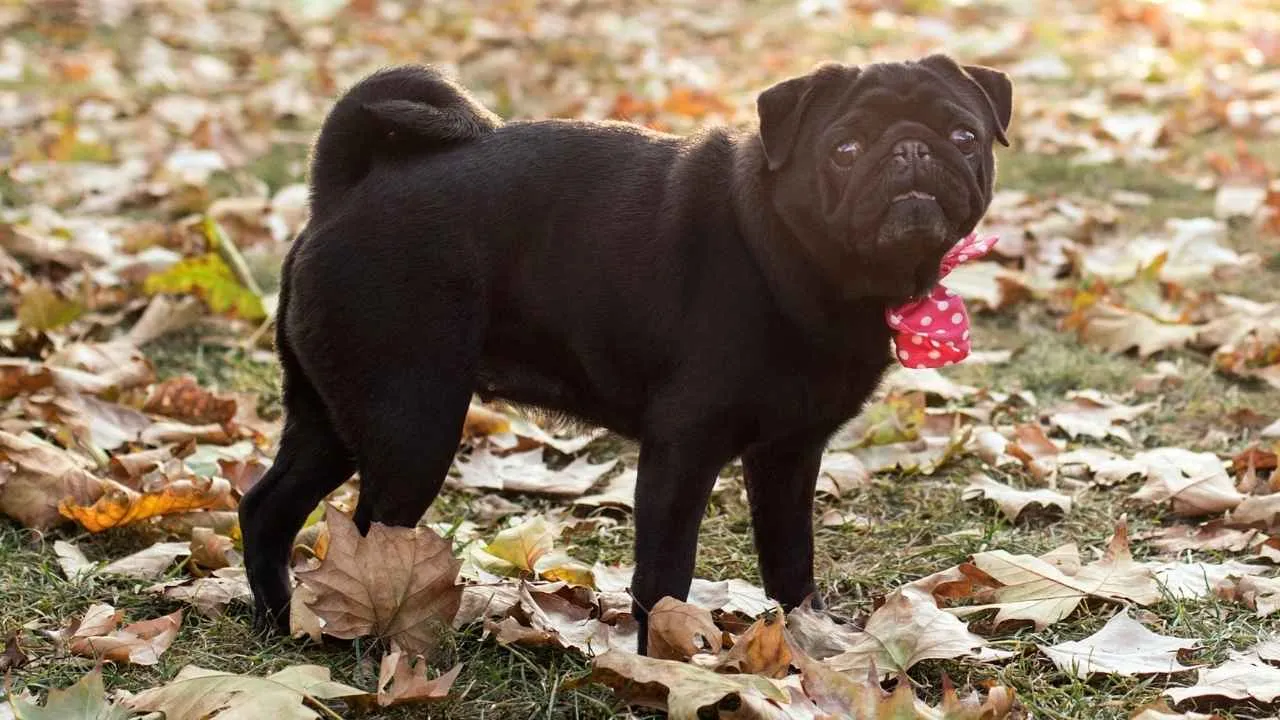
The Pug is a compact, cheerful companion with a reputation for being a total charmer. Known for their goofy antics and expressive faces, they bring laughter and warmth into any household. Their affectionate nature makes them thrive in family settings where they’re rarely left alone.
Despite their small size, Pugs have big personalities. They’re social by nature, often bonding with everyone in the home, including other animals. With proper socialization, Pugs typically get along well with both humans and animals alike.
According to PDSA, basic training is essential for pugs, and they can gain a lot from attending formal training classes. Some may exhibit or develop behavioral issues that could require expert intervention. Training a Pug requires patience and consistency.
While clever, they can be a bit stubborn, so reward-based training from day one works best. Keeping rules consistent across the household helps avoid confusion and mixed behaviors.
Their flat faces, while adorable, can lead to breathing difficulties. It’s essential to monitor their activity and avoid overexertion, especially during warmer weather or high-energy play sessions.
Interestingly, not all Pugs are vocal in the traditional sense. Some are known to “huff” instead of bark, though any snorting or labored breathing should be discussed with a vet to rule out BOAS-related issues.
While they don’t need intense exercise, this affectionate breed do crave companionship. Leaving them alone for extended periods can lead to anxiety, so they’re best suited for households where someone is usually home.
8. Bichon Frise
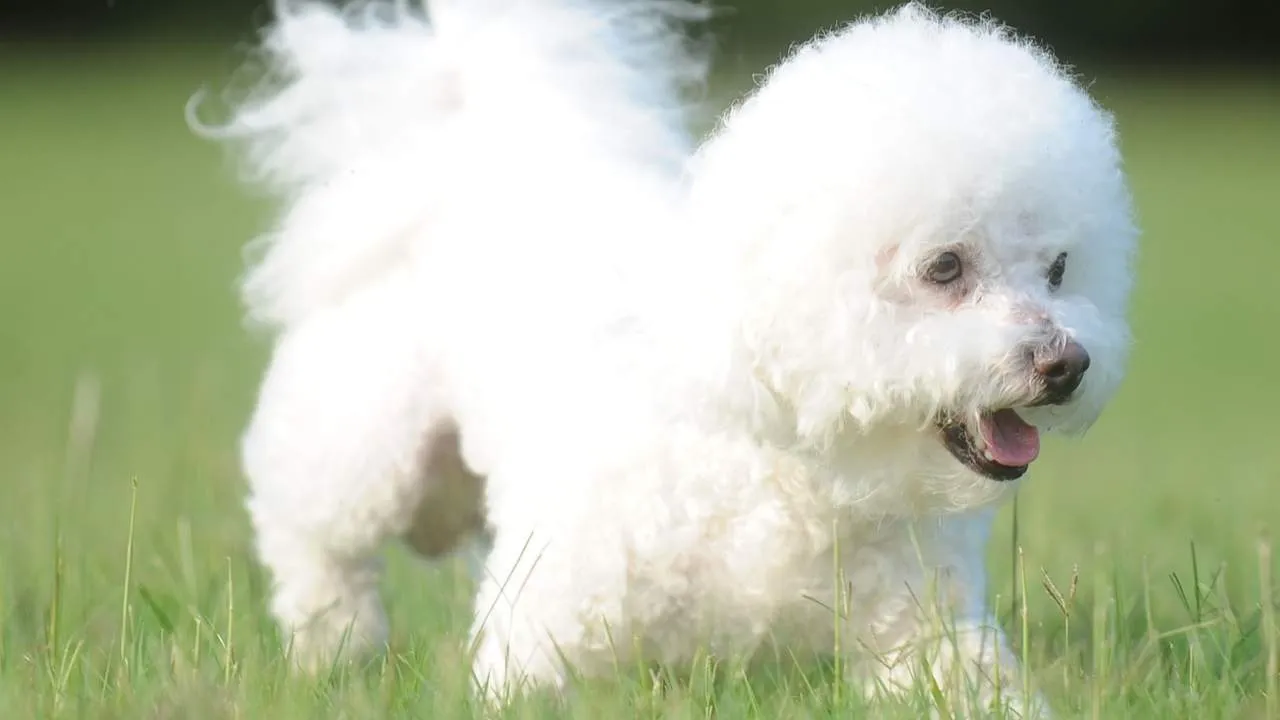
The Bichon Frise is a cheerful, small companion known for its affectionate nature and social personality. Standing under a foot tall and weighing between 12 to 18 pounds, this lively breed enjoys making new friends, both human and canine alike.
Though they’re often considered “hypoallergenic” due to their low-shedding coat, the Bichon still produces allergens like all dogs. However, their curly, soft coat can make them a good match for some allergy-sensitive households.
Bichons belong to the Barbichon family, sharing roots with breeds like the Havanese and Maltese. Their playful disposition and curiosity have made them cherished lapdogs for centuries.
Early socialization and consistent training help bring out their best qualities. With proper guidance, these friendly dogs quickly adapt to new people and environments, making them ideal for families and social lifestyles.
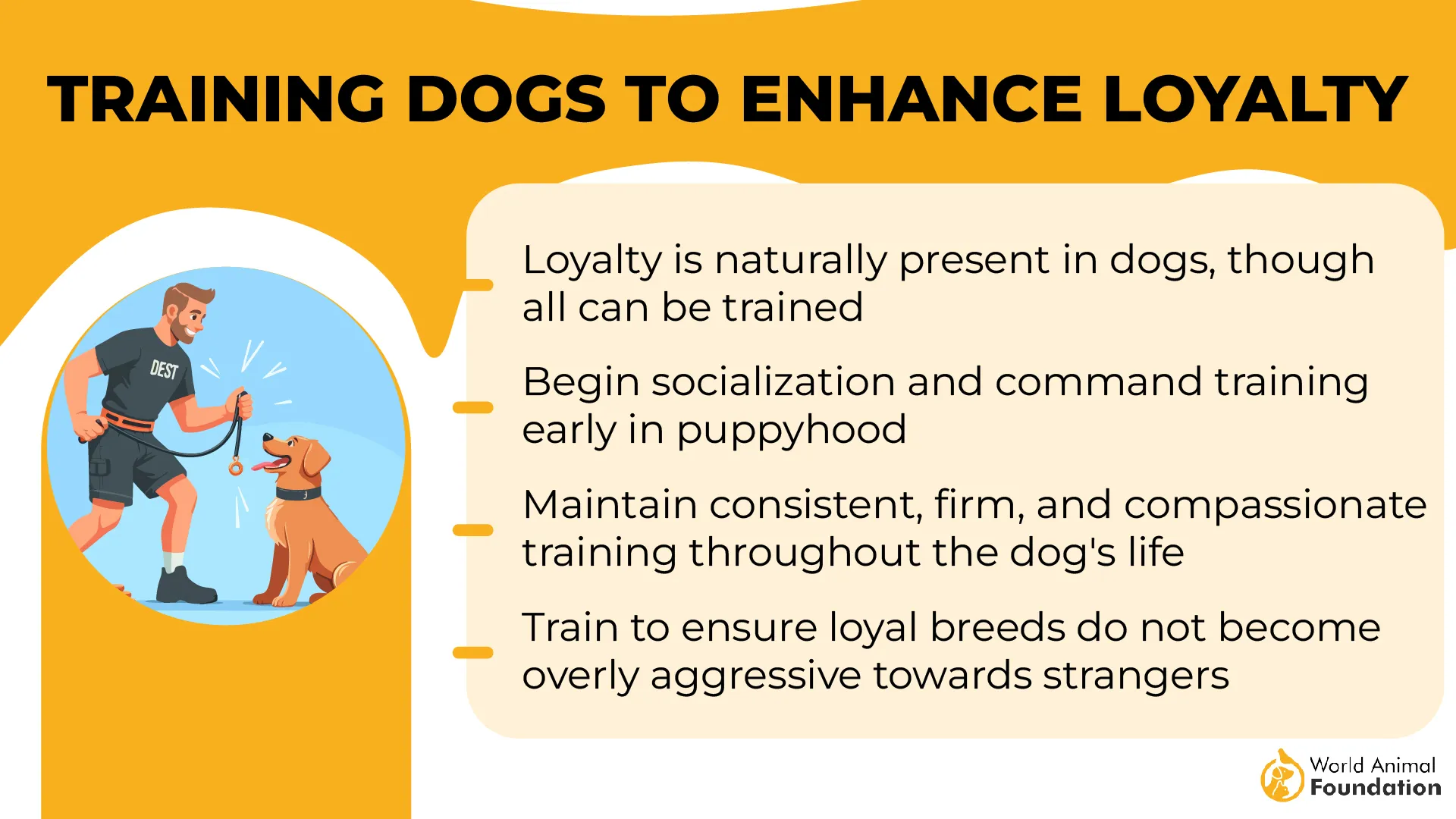
Despite their sunny demeanor, Bichons can be prone to a few inherited health conditions, including diabetes, corneal dystrophy, and cataracts. Routine vet checkups are essential, especially during puppyhood and adolescence.
Feeding them appropriately for their life stage is key. Bichons thrive on high-quality small-breed food tailored to their age, from playful pups to graceful seniors.
9. Coton de Tulear
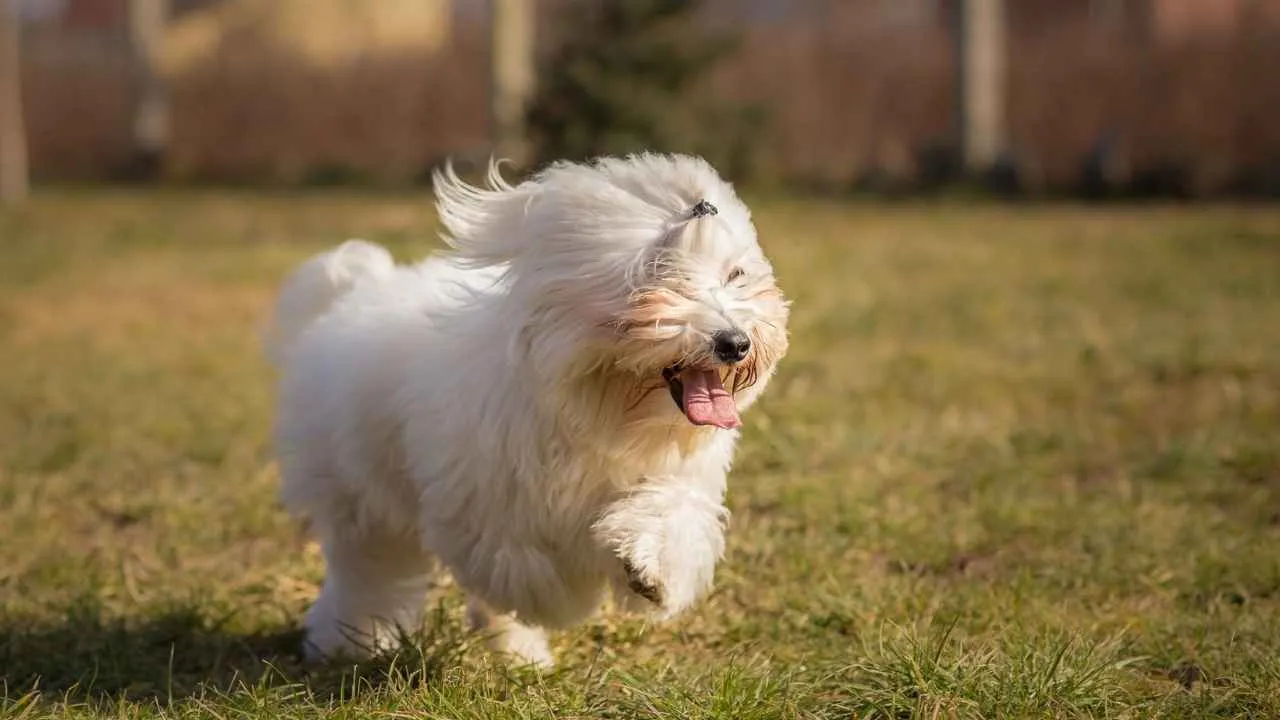
The Coton de Tulear is a fluffy, affectionate companion originally from Madagascar, best known for its cheerful demeanor and strong attachment to its people. With a playful yet gentle spirit, this small breed thrives in loving homes and gets along well with children and other pets when introduced properly.
These dogs are sociable and eager to please, which makes training relatively easy. They enjoy games like fetch and agility, but their favorite activity might just be snuggling close to their humans. While they don’t require intense exercise, daily play and walks help keep their energy in check.
What sets this playful dog apart is its clown-like personality. These dogs love to entertain and often act goofy to grab their pet parents’ attention. They’re also quite alert and may bark at unfamiliar sights or sounds.
Because they bond so deeply, Cotons don’t do well with long stretches of alone time. Separation anxiety is common, so they’re best suited for households where someone is usually home.
Their soft, cotton-like coat adds to their charm but needs regular care. Tear stains are common, especially around the eyes, and should be cleaned gently with a warm cloth or eye wipe.
Whether swimming, training, or just lounging, the Coton de Tulear brings a loving and adaptable energy to every home.
Conclusion
From the lively Shih Tzu to the lovable Newfoundland, extremely dog-friendly breeds come in all sizes, shapes, and energy levels, but they all share one thing in common: a genuine love for people. These dogs thrive on connection, whether they’re nestled in your lap or charming everyone at the dog park. Friendly by nature, breeds like the French Bulldog, Cavalier King Charles Spaniel, and Coton de Tulear are a testament to how much a dog’s personality can brighten a household.
Of course, not all sociable pups look or act the same. Breeds like the Boston Terrier and Staffordshire Bull Terrier, though different in background, are both known for their affectionate nature and loyalty to their humans. Whether engaging in dog sports or relaxing at home, these breeds prove that friendliness isn’t limited to the same breed type. Ultimately, the best companion is the one whose temperament matches your lifestyle, and with so many outgoing breeds to choose from, there’s a perfect match out there for every dog lover.


